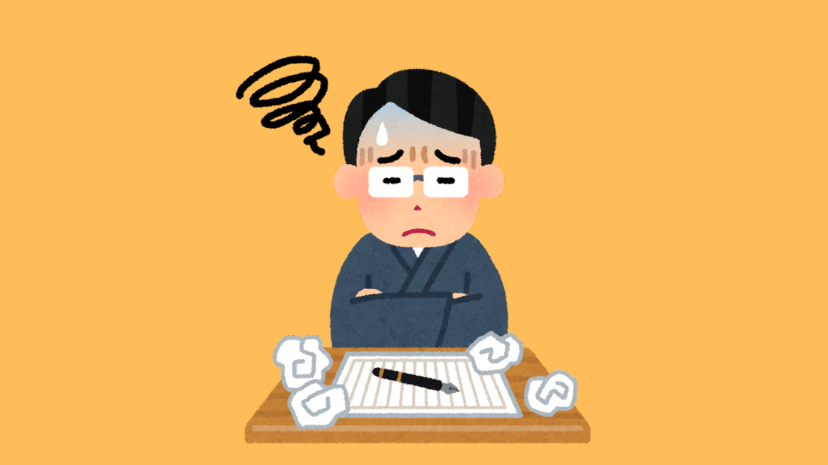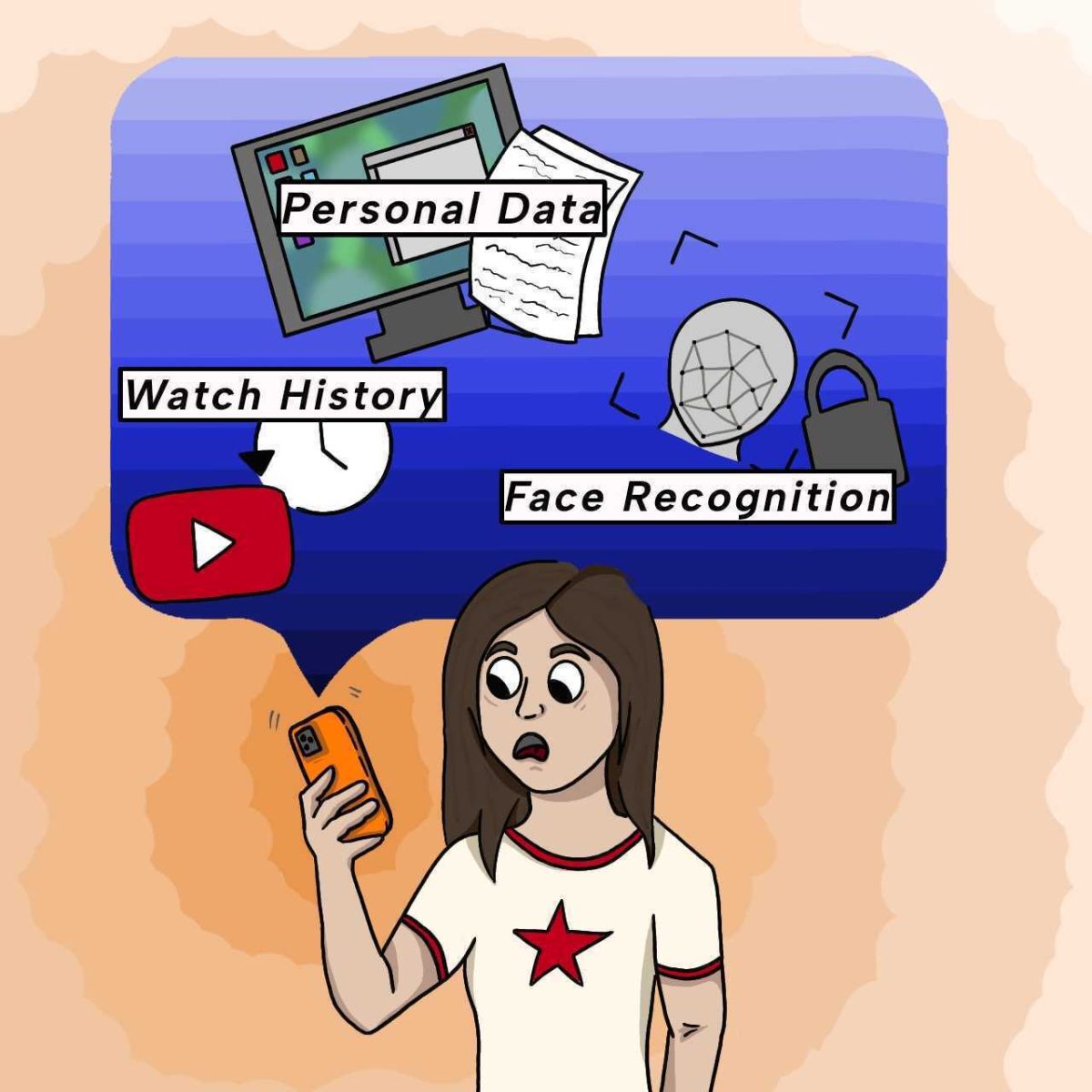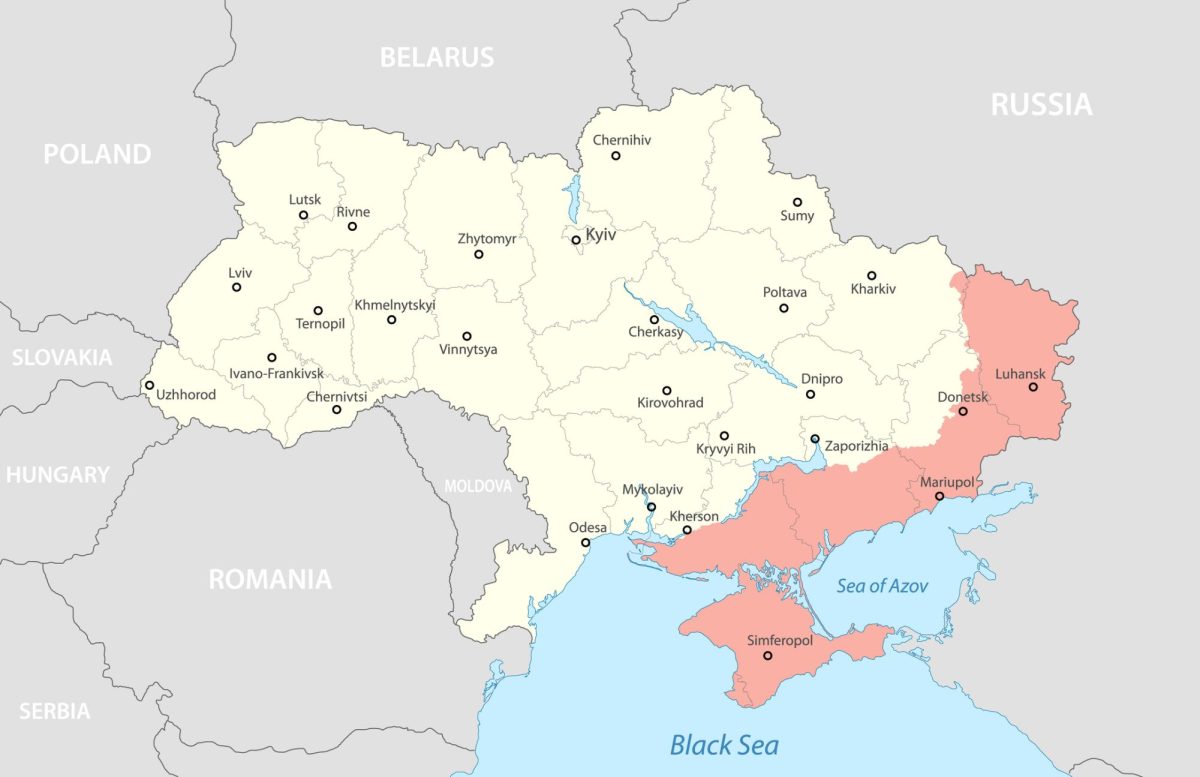With the vast accessibility of information students have at their fingertips, it’s easy to look up courses or professors before selecting class schedules for the semester. Online platforms like Rate My Professors can be useful to students for sharing their experiences with certain professors or classes and giving future students insights.
Looking up a professor on Rate My Professors gives students the opportunity to read reviews and ratings from former students. From these reviews, students can learn what to expect when taking a course or if the professor is a match to their learning style.
Alexandra Henriquez, a junior biological sciences major, said reviews about professors almost always reflect how they are in class.
“I know some professors that will have, like, a one star rating, and it’s usually pretty accurate, from past experiences where I had to take a class with a one star rating professor,” Henriquez said. “But a lot of times they also have professors with higher ratings. I usually always go for those professors, and usually it’s pretty accurate on how they teach their courses.”
When one class has multiple meeting options or professors, reviews and ratings can help students decide which would be a better fit. This helps students make an informed decision about which professors match their teaching style.
Ghaika Vera, a junior finance major, said another reason to check Rate My Professors is because sometimes, there are many professors available for the same class, and it’s tricky to know who any of them are.
“I used to just go into it kind of blind and just be like: ‘Oh, this person sounds cool,’” Vera said. “But with Rate My Professor, there was actual feedback from students on their different teaching styles of the professor and the difficulty of the class, and that really helped me steer toward a professor that was more suited for me.”
Another benefit of utilizing Rate My Professors is knowing in advance how rigorous a course is.
When former students leave reviews about the workload with a certain professor, it can help future students plan their schedules. Students might opt to take a heavier course with less classes in a semester then take more classes with lenient professors the next.
“I think it’s kind of hard to say that a review made me pick up a professor. But I will say that it definitely influenced my decision because people said: ‘Oh, this class is easy’ or ‘This class I would take again,’” Vera said. “It was mainly those people that said that they would take the class again because the professor was great.”
The website also empowers students to voice their experiences. Students might feel safer leaving an honest review about professors on Rate My Professors than filling out the course evaluations sent by the university.
“I try to go on there almost every semester and rate professors, especially ones that are like really good or really bad,” Henriquez said.
Reviews can be subjective and students need to take all information with a grain of salt. The reviews may not accurately reflect the quality of a course or the integrity of a professor. If a professor has a good amount of reviews and there’s a pattern in them, chances are those things might be true, good or bad.
“Sometimes it can be skewed just because anyone can really write an anonymous review there. So you know, you do have those students that sometimes will go on there and just write bad reviews on professors when they’re actually not that bad,” Henriquez said.
Students may find Rate My Professors to be a good tool, especially when it comes to registering for the upcoming semester. It may help them design their schedule and handle their workload more efficiently. When students leave thoughtful reviews, it gives future students insight of what they are signing up for.




















